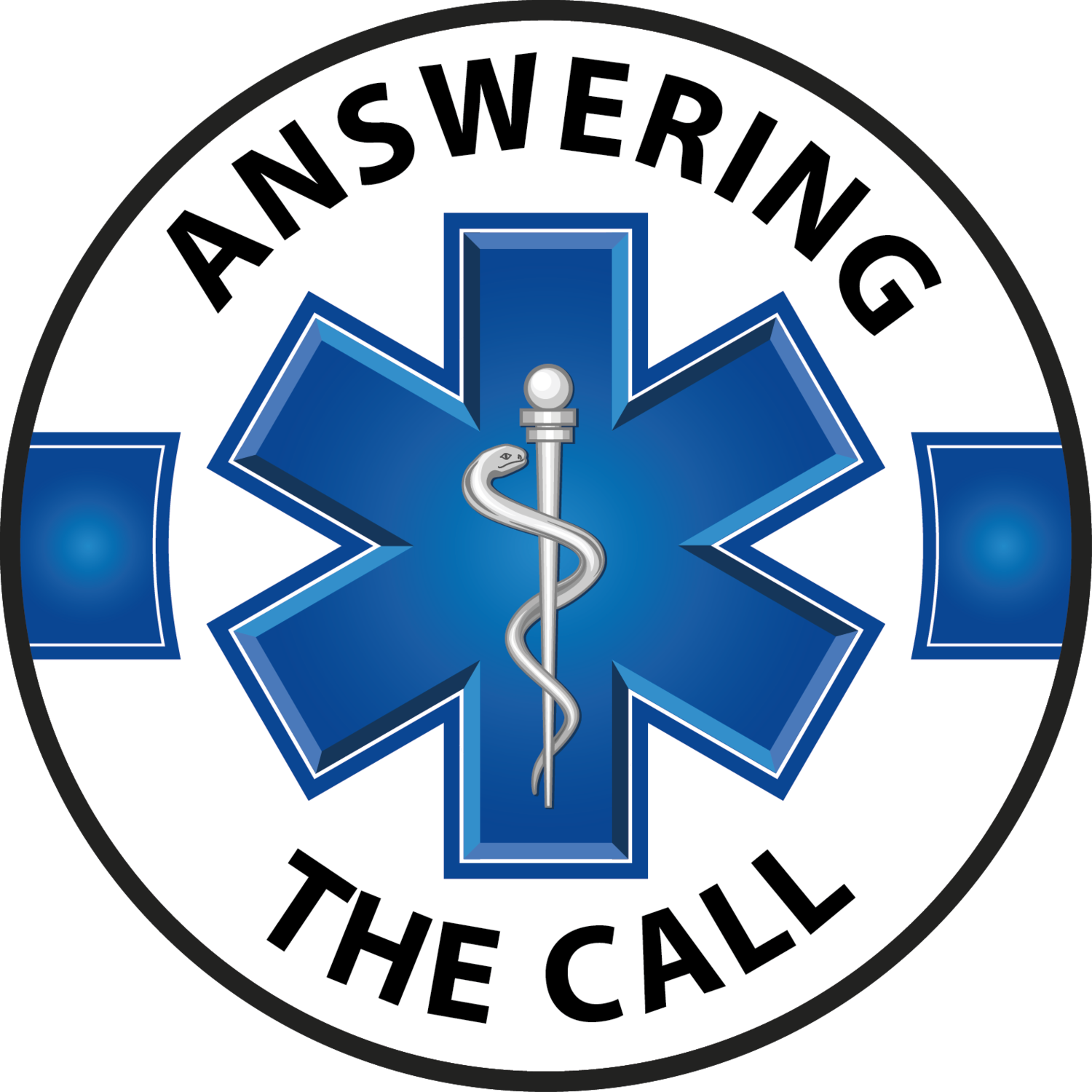Answering the Call
America, even from its earliest days, was forged by the strength of brave and dependable individuals volunteering their time and talents for the greater good. From the patriots of George Washington’s volunteer army to the courageous efforts of EMS heroes at Ground Zero in Manhattan, our country was born, built, and has persevered through the selfless actions of ordinary people doing extraordinary things in times of need.
Today, however, right here in our home communities of Northwestern Pennsylvania, we face a crisis that threatens to compromise our quality of life and seriously endanger those who need our help the most. Like many regions throughout the nation, we face a critical shortage of trained emergency medical services (EMS) professionals.
“69% of Rural EMS Organizations have reported problems recruiting or retaining volunteers.”
EMERGENCY MEDICAL RESPONDER (EMR)
The primary focus of the Emergency Medical Responder is to initiate immediate lifesaving care to critical patients in need. This individual must possess the basic knowledge and skills necessary to provide lifesaving interventions while awaiting additional EMS response, and to assist higher level personnel at the scene and during transport.
Emergency Medical Responder is an entry-level position that functions as part of a comprehensive EMS response, under medical oversight. Emergency Medical Responders perform basic interventions with minimal equipment, such as administering oxygen and providing an initial assessment of the patient.
Hours of Training: Minimum of 50
Minimum Age: 16
EMERGENCY MEDICAL TECHNICIAN (EMT)
The primary focus of the Emergency Medical Technician is to initiate immediate lifesaving care to critical patients in need.
This individual must possess the basic knowledge and skills necessary to provide lifesaving interventions while awaiting additional EMS response, and to assist higher level personnel at the scene and during transport.
Emergency Medical Technician (EMT) is an entry-level position. EMT’s perform basic interventions such as injury treatment, splinting and extrication of entrapped patients.
Hours of Training: Minimum of 150-190
Minimum Age: 16
ADVANCED EMT
The Advanced EMT position is a new level of training that’s great for EMTs looking to advance their career. The AEMT can administer medications, perform advanced airway maneuvers and transmit heart rhythm readings to the emergency department. In order to become certified as an AEMT you must first be certified as an EMT.
Hours of Training: 150 - 250
Minimum Age: 18
PARAMEDIC
The Paramedic is a health professional whose primary focus is to provide advanced emergency medical care for critical and emergent patients who request assistance through the 911 system or non-emergency channel.
This individual possesses the complex knowledge and skills necessary to provide patient care and transportation. Advanced skills such as heart monitoring and intravenous therapy (IV) are taught at this level.
To become certified as a paramedic you must be a certified AEMT or EMT
Hours of Training: 1000 – 1200
Minimum Age: 18
PA Pre-Hospital RN (PA PHRN)
If you a registered nurse in Pennsylvania and are 18 years of age or older, you are eligible to start the process to become a Pre-Hospital Registered Nurse to work or volunteer on the ambulance. As a PHRN, you will be able to apply your nursing skills to administer life-saving medications, monitor a patient’s heart rhythm, and interact with other pre-hospital practitioners as part of a life-saving team.
Pre-Hospital Physician Extender
If you are a physician assistant in Pennsylvania, you are eligible to take the PA Pre-Hospital Physician Extender exam. Contact your local EMS service for more information.


